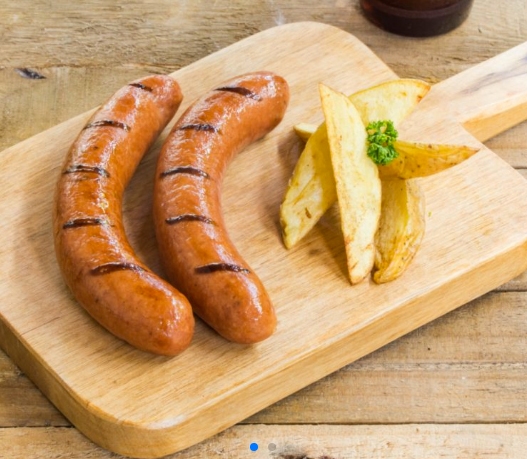I carefully unfurl the map I am holding. It details the disparate locations around Zurich where one might view Manifesta. I look evenly at the receptionist and decide to get some straight answers. What is Manifesta? I ask her. She is wearing a blue polo shirt with the collars stiffened and slightly turned up in an unmistakably Swiss way. She has great teeth, which is appropriate given that I am standing in the practice of Dr. Danielle Heller Fontana, who I’m informed is regarded to be one of Zürich’s finest dentists. I imagine her fine pearly whites chomping down on a meaty schüblig, the special sausage that they often eat uncooked in Eastern Switzerland.
I am at the dentists to look for the installation of Torbjørn Rødland’s photographs of patients that are part of this edition of Manifesta. I have been reliably informed that the duality between work at the main exhibition venues and their counterpart ‘manifestations’ in everyday offices and workplaces round the city is the key to the contingent sense of place that is at the heart of the Manifesta project. For me this urgent liminality is what provisionally could be also at the heart of mainland Europe, a landmass so elastic that Australia finished second in this year’s Eurovision Song Contest. I explain all of this to the receptionist in my best Swiss-German. ‘Zahnreinigung?’ she asks, looking at my teeth with barely contained disgust. Jah!, I reply. I have no idea what she said. Two hours later I am ejected onto the street having had a strenuous tooth-cleaning process conducted with expertise by a hygienist who reminds me of Judy Chicago. To add to the shock I did not even get to see the Rødland’s as I was sent to a different treatment room which in my haze I imagined had aerial photographs of the Swiss mountains on the wall. I thought of T.S. Eliot’s The Waste Land, ‘In the mountains, there you feel free.’ Perhaps the great poet was predicting the Swiss and now British hands-off stance to the European Union.
Jan is dead. Europe wobbles. Marina’s cakes are served up at gala fundraisers
After the procedure I stagger to the nearby Kronenhalle. I curse the editor again for sending me on this tour of Europe as punishment for drunkenly voting for Brexit. Berlin and now Zürich, the first inside the Single Market, the second outside, and I can’t tell the difference. I immediately order and knock back a Kronenhalle Royale. It tastes good despite the long-standing aversion to Grand Marnier that I have had ever since Jan Hoet made me drink a bottle of the stuff after losing a boxing bout to him. Now there was a man who knew how to activate a city. In the summer of 1986 Hoet invited 51 artists to exhibit works in private houses in Ghent in the exhibition Chambres d’Amis. I remember Joseph Kosuth painting lines from Freud’s essays on the walls of the handsome home of the psychoanalyst Andre Vereecken and then smearing over them leaving a woozy palimpsest of the influential, if now somewhat discredited, man’s thoughts. A decade later I watched Hoet gamely perform the tango with Marina Abramovic for her work The Urgent Dance before six topless waiters brought in a cake made in the shape of Marina’s naked body. Moments later six waitresses brought out a large plate which Jan sat on, totally starkers aside from a bow tie. I remember feeling that the marzipan outlining Marina’s thigh was a touch heavy. Now Jan is dead. Europe wobbles. Marina’s cakes are served up at gala fundraisers.
I again get out the now crumpled map detailing the other manifestations of Manifesta dotted around Zurich. Christian Jankowski’s curatorial concept is about a life lived working in a profession. Artists collaborating with real people doing actual jobs. Frank Erhard Walther has made staff wear orange half-aprons at the Park Hyatt Hotel. Mike Bouchet has made a concrete and excrement sculpture at a sewage treatment plant. Artists get to pretend to do different jobs. Jankowski gets to be a curator. I wonder if Jankowski is pretending to be Georg Lukács uncovering the true nature of social relations to the working class. As the great man said, ‘Despair can very rapidly set in if the assertion of certain truths only finds a very weak resonance.’ I order another Kronenhalle Royale.
For previous columns by I. Kurator see here
Manifesta continues in venues throughout Zurich through 18 September 2016
Online exclusive published 21 July 2016
